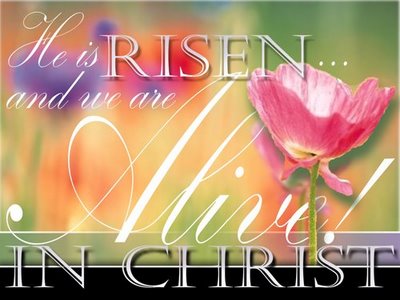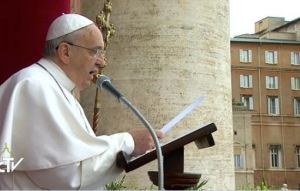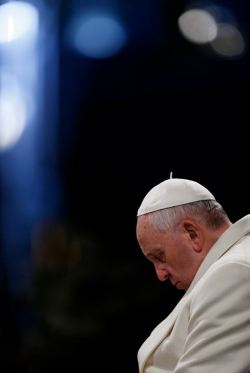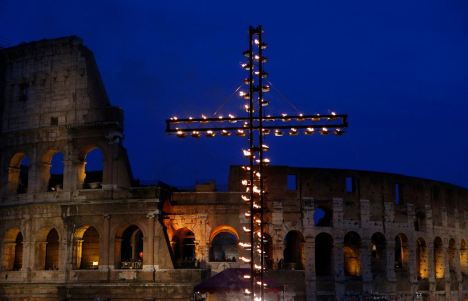Daily Prayer for April 9
Christoph Friedrich Blumhardt
|
I will not leave you as orphans; I will come to you. Before long, the world will not see me anymore, but you will see me. Because I live, you also will live. On that day you will realize that I am in my Father, and you are in me, and I am in you. Whoever has my commands and obeys them, he is the one who loves me. He who loves me will be loved by my Father, and I too will love him and show myself to him. John 14:18-21, NIV
Lord our God, dear Father in heaven, we are gathered in your presence through Jesus Christ, our Lord. Reveal to us our Savior Jesus Christ. May the Savior be revealed to us; otherwise in our need we will never come through. Grant that at this late hour for the world we may see him as he is, and through him and through the kingdom that he brings we may be lifted above the troubles of our time. Strengthen our hearts every day, and fill us with joy because you guide everything on earth as in heaven; in the end you will give us the victory that belongs to the kingdom you have founded. May we be comforted through all eternity in this kingdom, a kingdom far greater and more glorious than all the kingdoms of the world. Amen.
|
 |










